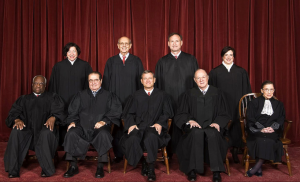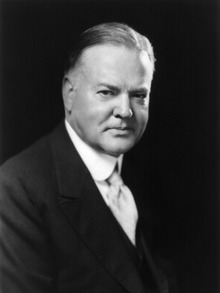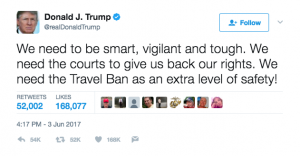 The U.S. Supreme Court recently ruled parts of President Trump’s travel ban were indeed constitutional, over-turning many lower courts. The justices have allowed a water-downed version to stand and plan to revisit the issue in the fall.
The U.S. Supreme Court recently ruled parts of President Trump’s travel ban were indeed constitutional, over-turning many lower courts. The justices have allowed a water-downed version to stand and plan to revisit the issue in the fall.
President Trump said the decision was a “clear victory” and tweeted:
“Very grateful for the 9-O decision from the U. S. Supreme Court. We must keep America SAFE!”
So that issue is now settled for the time being, or is it? The court added three words to the travel ban that now have people trying to understand exactly who is banned. People from the six majority-Muslim nations who can demonstrate a “bona fide relationship” with a “person or entity” will not be effected and allowed to enter.
So what is a bona fide relationship? The justices cited some examples including visiting relatives in the United States, attending a university or taking a job offer. That seems to leave a lot of wiggle room for interpretation.
Is having ties to a non-profit organization assisting refugees a “bona fide relationship”? Who is responsible to verify if they have a relative living in the U.S. or are enrolled in a university?
It seems, once again, Washington provides the kind of clarity only lawyers understand and bill for.




